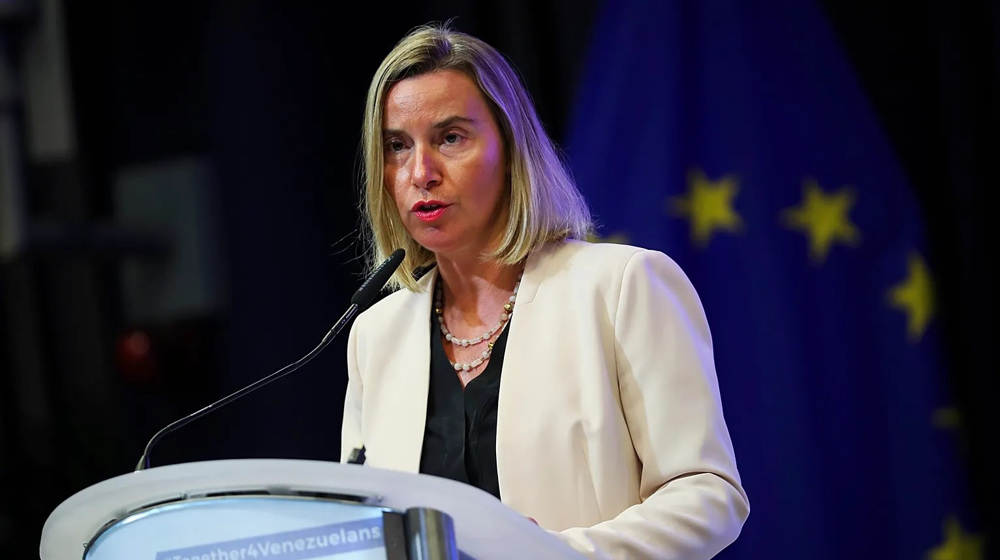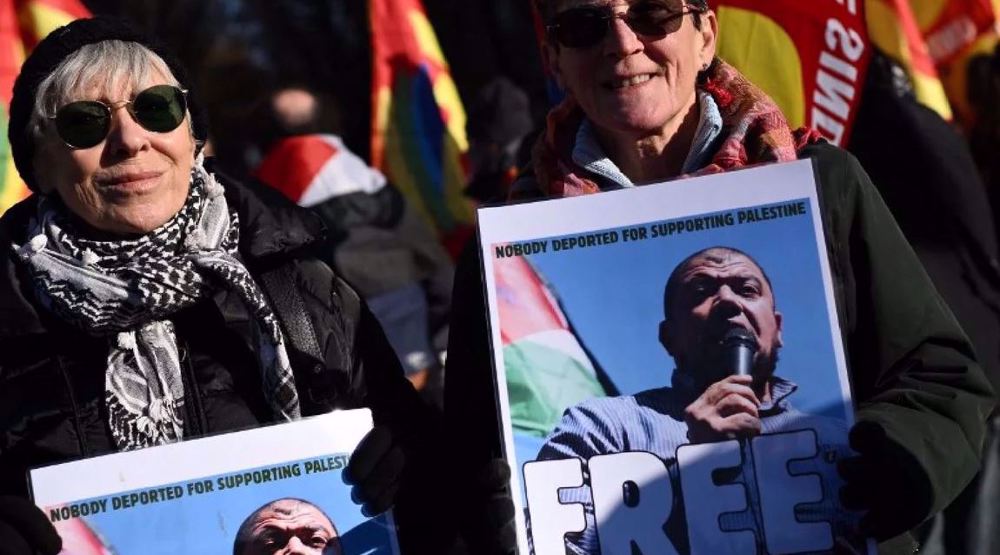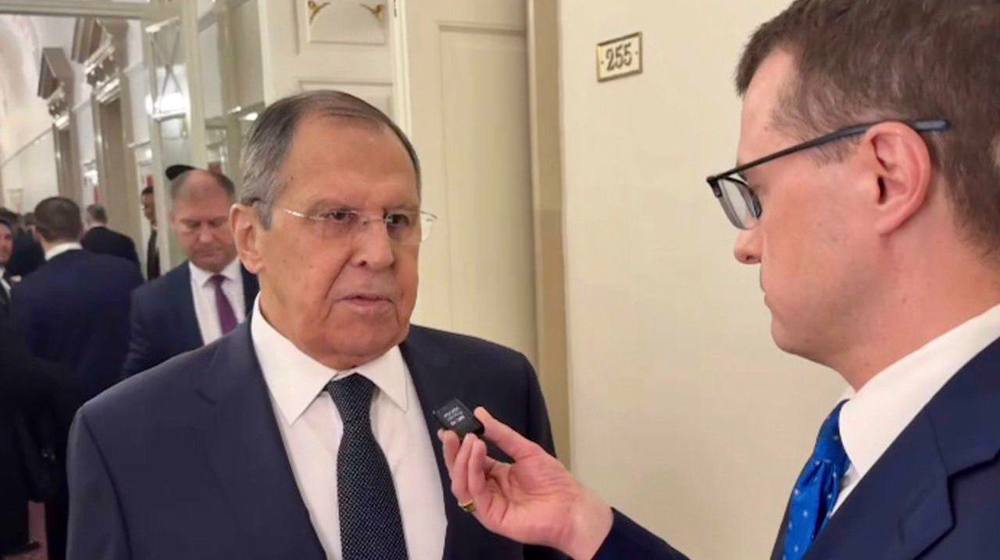Portuguese fuel drivers strike, government imposes rationing
The Portuguese government has imposed fuel rationing at petrol stations as fuel-tanker drivers started an indefinite strike, promising to prevent the labor action from paralyzing the country at the height of the tourist season.
A similar strike in April was Portugal's worst outbreak of industrial unrest in years, provoking criticism of the Socialist government, but this time better contingency planning could even benefit the administration in an upcoming parliamentary election on October 6, analysts say.
The government declared an energy crisis on Friday ahead of the strike, allowing it to ensure full supplies to ports, hospitals, airports and other priority consumers and decreed minimum services for the country's network of filling stations.
"I'd like to point out as a positive that minimum services are being provided...The situation is that of normality and civility," Prime Minister Antonio Costa told reporters.
There has been no need to resort to a back-up plan to use army and police drivers, he said, although the government stands ready to launch these and other special measures if supplies are compromised.
Tanker drivers decided to stop work for the second time this year after talks with their private-sector employers over better pay and workers' rights failed.
Late Sunday, Costa said that the government would not hesitate to require striking drivers to work if the situation required.
In the run-up to the strike last week, motorists had been filling up and by early Monday, some 15 percent of the country's 3,000 service stations were completely out of fuel and another 15 percent were short of at least one grade.
Costa has not ruled out requisitioning drivers if the situation called for it, while warning that even if the minimum level of service was provided "the strike is going to affect consumers deeply."
The fuel rationing for the public restricts drivers to a maximum of 15 liters of petrol or diesel per filling at specially designated stations covered by the government-decreed minimum services scheme, and 25 liters at all other stations.

The National Hazardous Materials Drivers' Union (SNMMP), which called the strike, said they would comply with the minimum services, but there are concerns they may fail after some union leaders called to stop providing them.
Costa called for government-brokered negotiations between the union and employers to resume as soon as possible.
The fuel-tanker drivers said the strike will carry on until the employers' association ANTRAM makes a "reasonable proposal."
"Until then we will strike for a day, a week, a month, as long as it takes," said SNMMP vice president Pedro Pardal Henriques.
The Independent Freight Drivers' Union (SIMM) will also take part in the strike.
(Source: Agencies)
Israeli forces raid UNRWA headquarters in al-Quds after UN extends mandate
Iran keen to improve trade, security cooperation with Azerbaijan: Araghchi
Iran’s new import policy blamed for rising forex prices
VIDEO | Press TV's news headlines
VIDEO | Lives torn apart: Gaza’s amputees face a future with no support
VIDEO | Reconfigured dependence: Iraq and the legacy of American hegemony
Israel's military chief describes Gaza's dividing 'yellow line' as 'new border'
VIDEO | December 8 marks 37th year since start of 1st Palestinian Intifada










 This makes it easy to access the Press TV website
This makes it easy to access the Press TV website